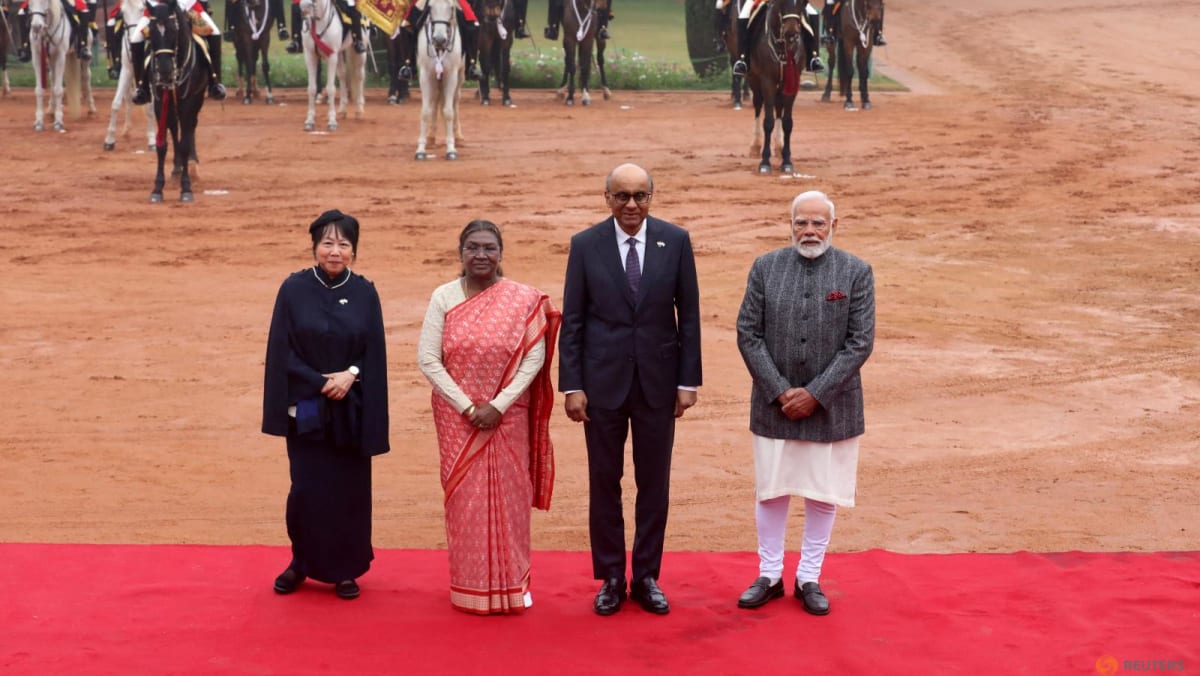One important advice that my journalism teacher gave me back in my university days was to have a “thick skin” when asking hardball questions, because being bold often results in the ability to tell great stories.
At the time, I was sure that the courage to ask these questions would come naturally.
But the truth is that several years into the job, it is still not easy to interview someone with an inconvenient allegation, to probe a grieving family about how they felt about their loss, or to persuade someone to speak out about a taboo subject.
After some hesitation on my end, I will end up pushing through with my questions, albeit with a shaky voice and in a roundabout way to soften the impact.
It is not that I am anxious about being rejected, because sometimes a clear “no” helps me to move on with the rest of my work.
Rather, it is the fear that they think less of me for essentially doing my job. The feeling of being disliked by others sometimes keeps my mind racing at night thinking about whether I should have acted differently.
I am not alone in this, because people generally do not want to be the subject of someone’s scorn.
For example, it can be hard to speak to a fellow colleague about their poor work performance affecting you, when you could just suck it up and keep the peace in the office.
Or when a conversation with friends invariably steers towards a controversial topic, it seems easier to hold your tongue than to state a contrarian view and risk being judged negatively by your peers.
My colleague previously explored how people tend to avoid intervening when a friend who is about to make a bad decision, because it could lead to them being disliked.
However, the price of that silence is that their friend makes a mistake that they could have helped prevent.
The common thread in all of these situations is the assumption that you will be disliked for your words or actions, but the reality is that most disagreements are quickly forgotten.
So, why are we so afraid to do things that could make people dislike us? And how can we not let this fear paralyse us from doing what we must?
WHY DO WE WANT TO BE LIKED?
Ms Glenn Woo, a counsellor at Fernhill Psychologists and Counsellors, said it is natural that we are uncomfortable being disliked because we associate the feeling with rejection.
“We assume that when someone doesn’t like us, they are rejecting something about us in some way,” Ms Woo added. “The feeling of being rejected by someone can still hurt, especially if we are unsure of why they might dislike us.”
The feeling of being disliked or rejected by someone can cause us to feel devalued, leaving us critical of ourselves and affecting our self-worth.
However, she said that it is generally difficult to ascertain whether there is genuine dislike from someone without further talking to the person.
Dr Ong Mian Li, founder and principal clinical psychologist at Lightfull Psychology Consulting and Practice, said that it is easy to overthink.
“Humans are creatures of connection and it’s easy to imagine something is wrong, when people are really just distracted or tired,” he added.
“If someone is pulling back or not engaging as much, it might not mean they dislike you. It could just be that they’re in their own world or need a bit of space.”
Ms Woo said: “It is important to note that without further communication with the other person, we are simply assuming their feelings based on our own perceptions of what friendliness or positive regard may look like.”
I agreed with both of them, recalling misunderstandings that my friends had had when they looked like they were upset with me, even if they weren’t. Some people just look unhappy when their emotional state is neutral after all.














